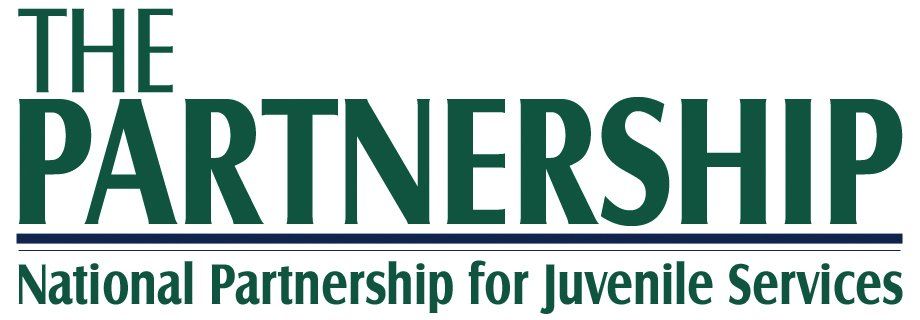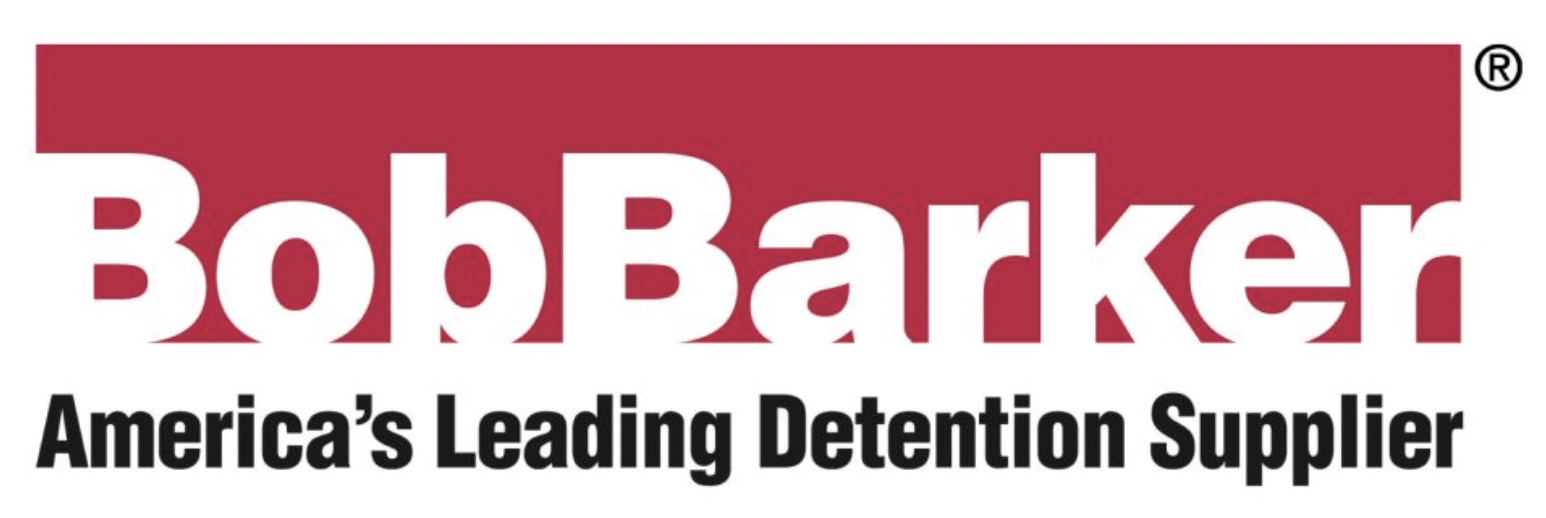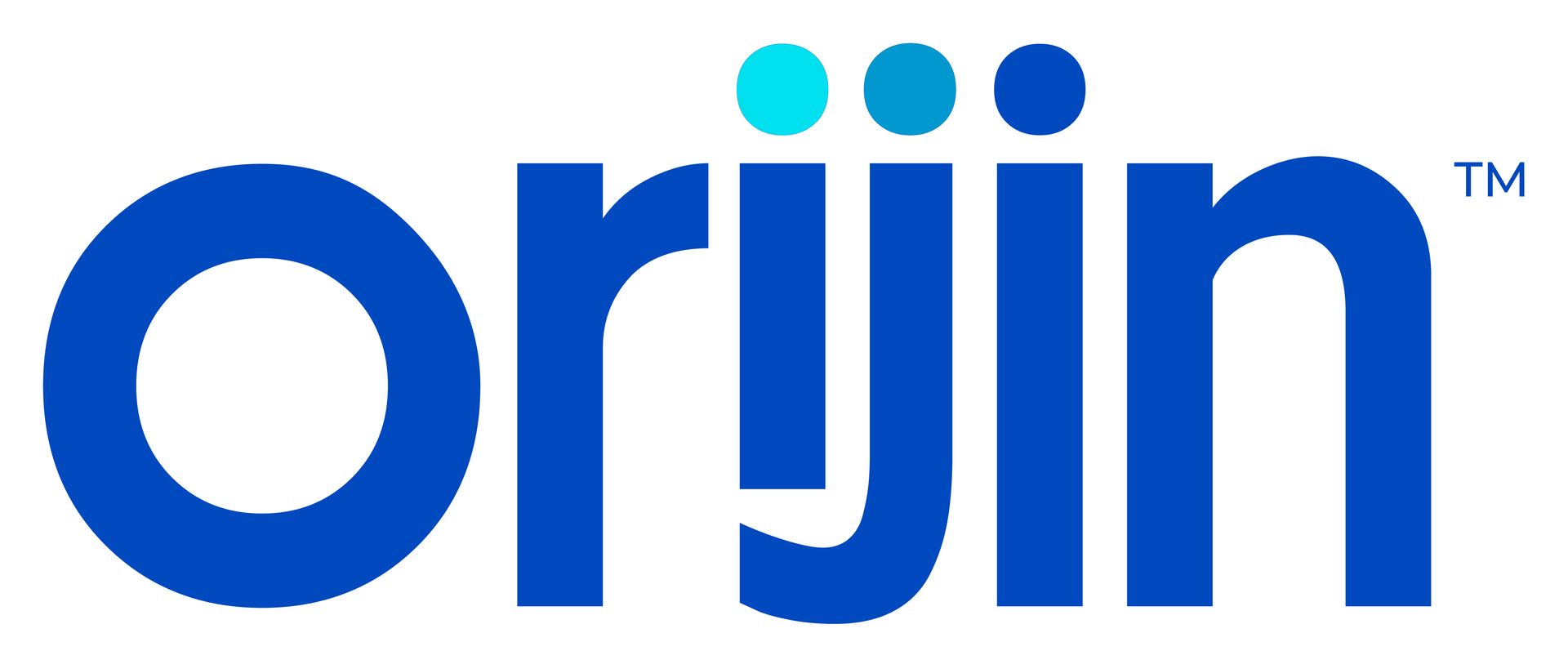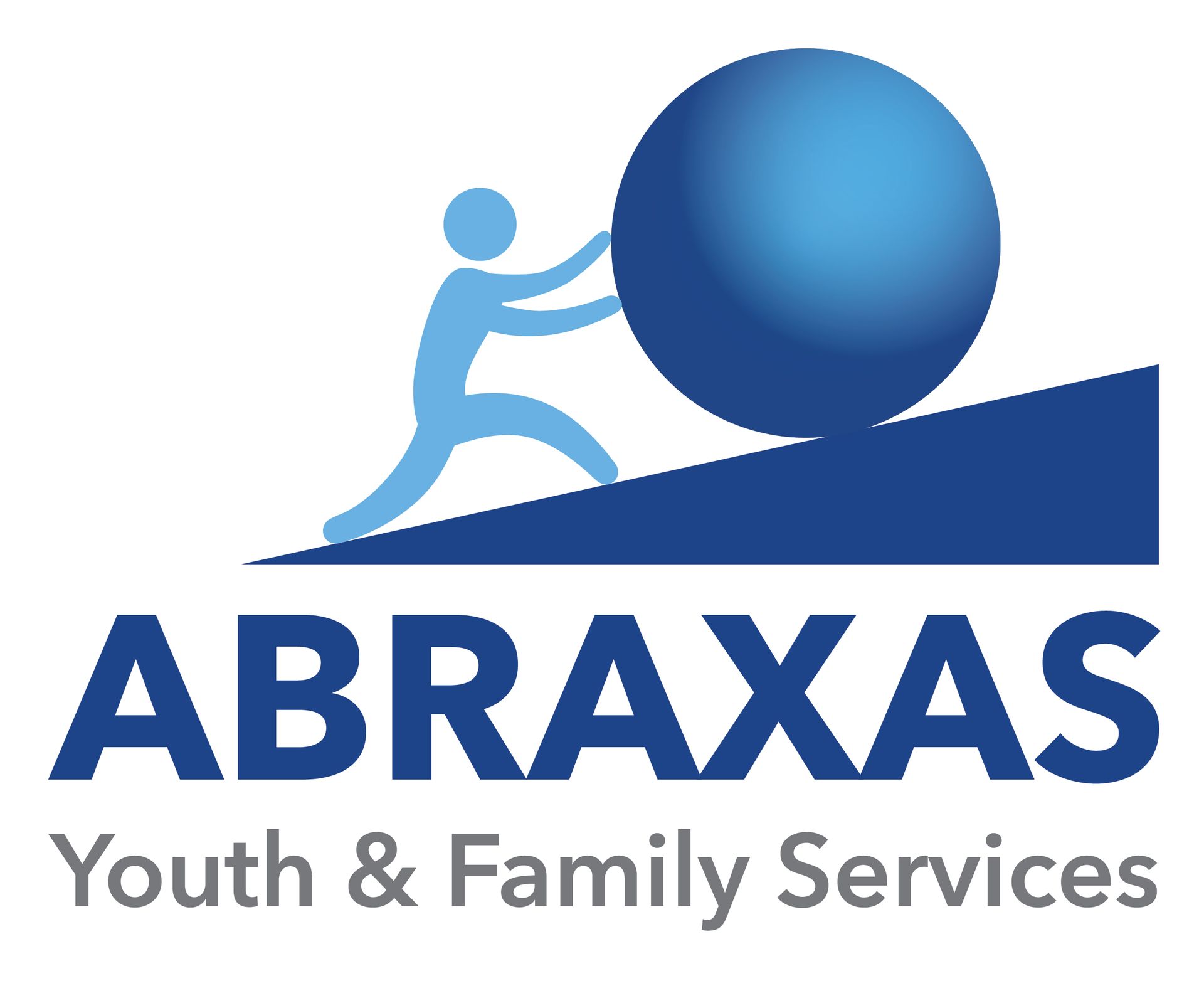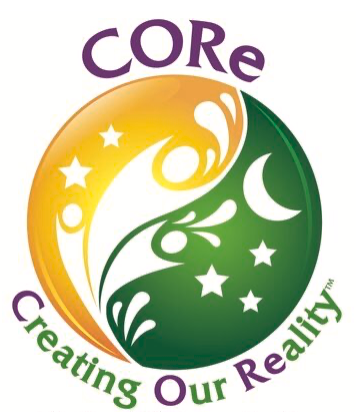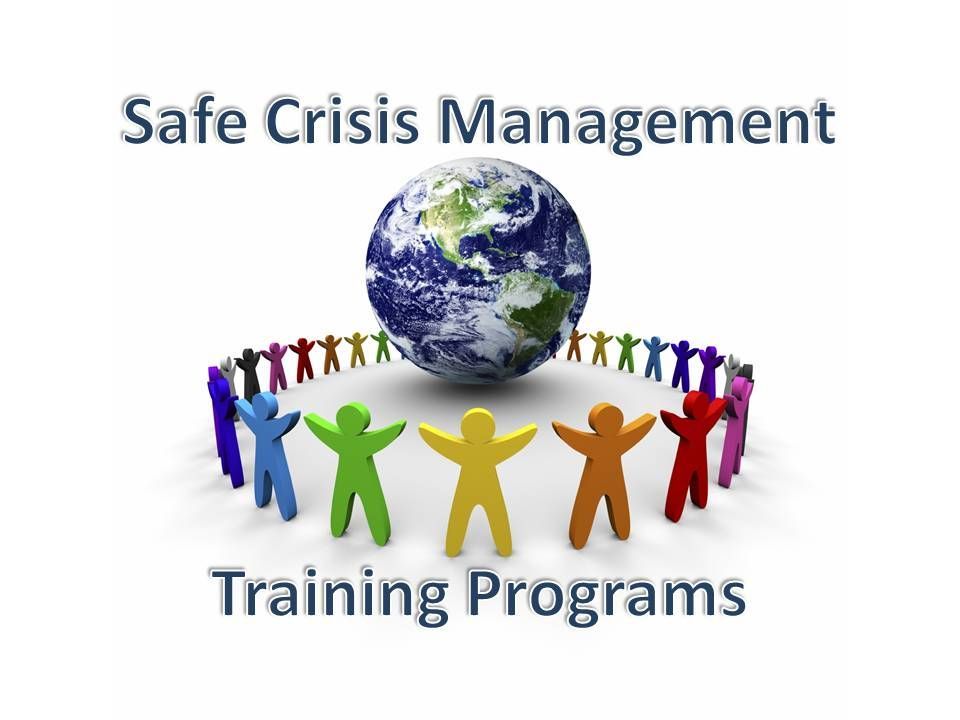Responding to Member Needs Through Training, Networking, Advocacy, and Dissemination of Best Practice
National Partnership for Juvenile Services
We provide professional development and technical assistance and promote best practices and standards to the field of juvenile justice and delinquency prevention to positively impact youth, families and communities.
Journal of Applied Juvenile Justice Services (JAJJS)
NPJS publishes the Journal of Applied Juvenile Justice Services, a refereed, multi-disciplinary online publication dedicated to critically examining a wide variety of topics related to juvenile justice.
Juvenile Case Management Solution (JUV CMS)
NPJS offers a web-based case management software solution developed by juvenile justice professionals for juvenile justice programs.
Training
NPJS provides opportunities to engage with leaders and direct care professionals in learning and networking events. We also offer custom training development, instructional design services, and a host of training modules.
We Have Experts in a Range of Juvenile Services Discipline Groups Including:
Behavioral Health & Clinical Services
A forum for professionals who provide behavioral health, mental health or other therapeutic/clinical services for youth involved in the juvenile justice system. The goal of this group is to promote quality practice in working with at-risk and delinquent youth.
Community-Based Services
A forum for professionals engaged in non-residential service delivery. These professionals engage in strategic planning and collaboration to ensure best practice is addressed regardless of the service provision and also work in collaboration with residential services to assure continuity of care following out-of-home service. The goal of this group is to identify gaps in training needs, enhance service delivery systems, and guide the development of a support plan.
Court Services
A forum for professionals who work in any area of court services from probation officer to the judiciary. The goal of this discipline group is to continuously improve case processing, assessments, screening, formal court decision-making processes, provide effective supervision and to make appropriate referrals as needed.
Education of At-Risk & Delinquent Youth
A forum for educators who teach in non-traditional educational settings, such as detention and corrections facilities, special education programs, alternative schools, residential programs, day treatment, and mental health placements. The goal of this group is to foster collaboration among education professionals who provide services to at-risk and delinquent youth and act as a national voice for students, teachers and school administrators.
Staff Training & Professional Development
A forum for staff trainers, instructional designers, or others interested in juvenile justice training and professional development. The goal of this group is to share ideas, identify individual trainer needs, and to prioritize training needs for the field.
Short Term Placement & Juvenile Detention
A forum for managers and direct care staff in short-term, secure care juvenile detention centers or shelter care facilities. The goal of this group is to promote quality practice and offer opportunities to network with colleagues from around the country while helping shape the priority areas for NPJS.
Long Term Residential & Juvenile Corrections
A forum for administrators and direct care staff in long-term, residential facilities and programs. The goal of this group is to promote quality service, offer an approach balances the well-being of the youth against the protection of the community and establishes a foundation for a successful reentry for the highest risk youth offenders.
Youth & Family Engagement
A forum for youth between 17 and 26 years of age whom have been juvenile justice involved and family members of youth who have been juvenile justice involved within the last 5 years. The goal of this group is to provide a safe space for the voice of lived experience within NPJS which will help to inform and improve systems, research, policies, practices, and programs.
Become a Member
Representing colleagues from around the country, NPJS is the premier member organization for you to network and share innovative program service approaches with your peers.
| Membership Categories | |
|---|---|
| → Individual Professional | → Corporate |
| → Dual Professional with CJJA | → Corporate Plus |
| → Facility / Agency / Organization | → Lived Experience |
| → Institution of Higher Education | → Student |
My job is important. We have a high calling, a sacred responsibility, and important task: To redeem the unredeemable and make the community, the public, and society a better place in the process. I take my job seriously. It is a profession. No matter how much I know, profess to know, or have experienced, there is much more to learn. I must continually expand my knowledge and skills within this profession in order to meet the challenges and needs of troubled youth, beleaguered staff, and highly stressed institutions. The value of a professional association is that it provides strength and support to me in all these areas. It surrounds me with other kindred spirits, who are caring and sympathetic to my struggle, who support and encourage my efforts, who comfort and correct my failures, and who rejoice greatly in those all-too infrequent times of success. I am a part of good things that happened before me in this profession; I am a contributor to the good things that are currently happening in this profession; and I am preparing the way for others to do good things in the future. I derive no satisfaction in the growth and preservation of my profession by maintaining only an active role in my institution, my local unit of government, or my “ivory tower.” Likewise, saying I am a professional does not make me one; acting in a professional manner moves me closer to that goal; but membership in a professional association helps fulfill my professional aspirations.
The Pursuit of Professionalism, One Member's Perspective
Professional Code of Ethics
The NPJS Code of Ethics is intended to serve as a guide to the professional conduct of juvenile service workers. This Code includes three sections. The first Section (Preamble) summarizes NPJS’ mission and core values. The second section (Purpose of the NPJS Code of Ethics) strongly encourages ethical practices by all NPJS members and advocates for the same behavior by all juvenile justice professionals. The third section (Ethical Principles and Standards) presents broad ethical principles, based on the core values of juvenile service work and includes specific ethical standards to guide juvenile service workers’ conduct.
Position Statements
NPJS is committed to generating position statements on critical and timely issues confronting the juvenile services profession. The development of a position statement starts with the NPJS Critical Issues and Policy Direction Committee where it is drafted and distributed to membership for review and comment. Once comments are reviewed and appropriate adjustments are made to the statements, they are presented to the NPJS Board of Directors for final approval. Any member-in-good-standing may serve on the Critical Issues and Policy Direction Committee.
